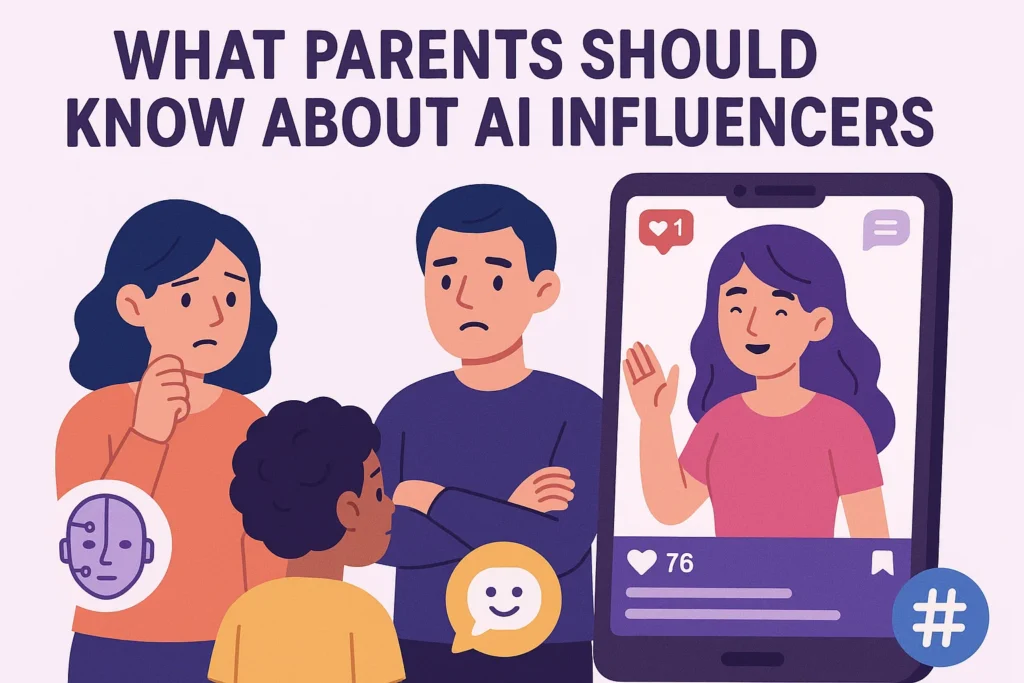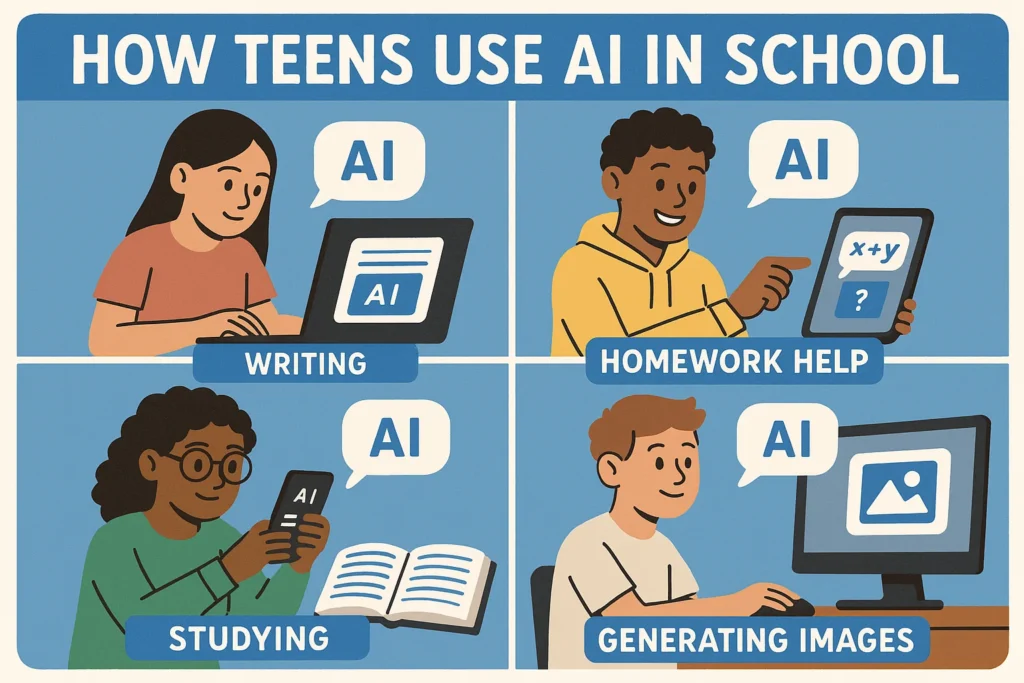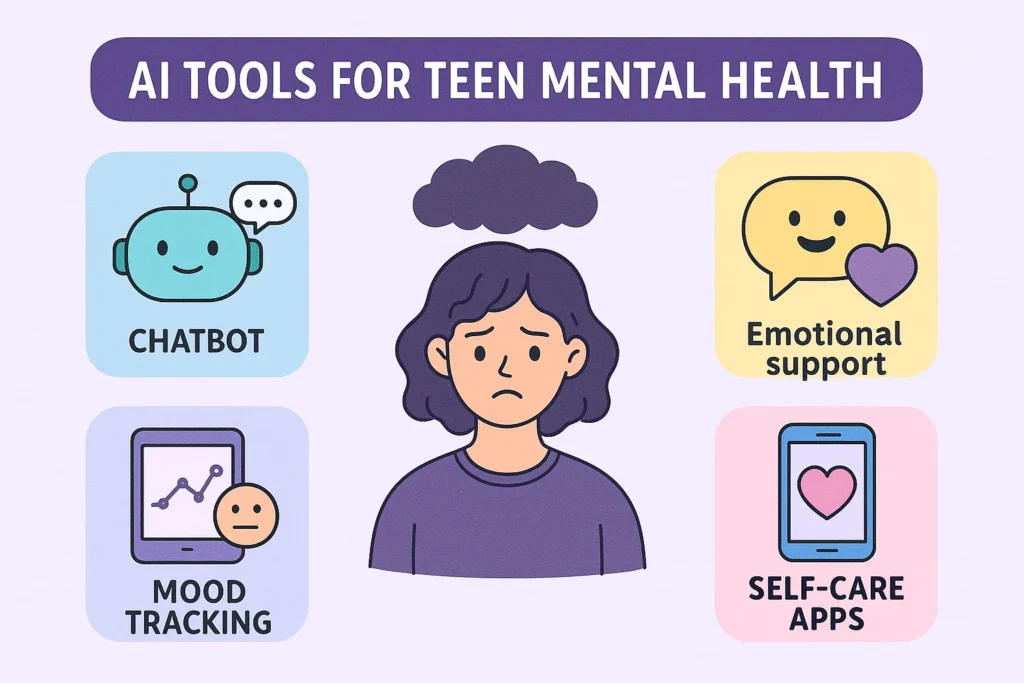💬 Introduction
At AiBlogQuest.com, we explore how artificial intelligence is transforming every aspect of modern life — including who we follow online. The rise of AI influencers is reshaping social media, marketing, and even how kids and teens perceive fame, beauty, and authenticity.
These virtual creators look human, act human, and post content just like real influencers — but they’re powered by algorithms. As a parent, understanding how these digital personalities affect your child’s worldview is essential in 2025.
🧠 What Are AI Influencers?
AI influencers are computer-generated personalities managed by companies or individuals who use artificial intelligence to simulate real people. They post photos, videos, and brand collaborations — often with human-like emotions, voices, and backstories.
Some well-known examples include Lil Miquela, Shudu, and Noonoouri — though hundreds of new virtual influencers are emerging every month.
🤖 Why Teens Love AI Influencers
1️⃣ Perfectly Polished Content: AI influencers always look flawless — creating unrealistic standards for beauty and success.
2️⃣ Relatable Personalities: They can be programmed to act funny, kind, or adventurous, appealing to different audiences.
3️⃣ Always Available: AI influencers never sleep, argue, or make mistakes — they post 24/7.
4️⃣ Interactive Engagement: Some AI influencers reply to DMs or comments, making fans feel like they have a personal connection.
⚠️ Risks Parents Should Watch Out For
🧩 Blurred Reality
Kids might not realize they’re interacting with AI-generated personalities and could confuse fiction with real life.
💸 Hidden Advertising
AI influencers often promote brands subtly, and kids may not recognize these as paid promotions.
🧠 Unrealistic Standards
Constant exposure to perfection can lower self-esteem or distort body image — especially among teens.
🔐 Data Collection Concerns
AI influencer platforms often collect behavioral data to personalize ads and interactions, which may include minors.
🧭 How Parents Can Guide Their Kids
-
💬 Start Conversations: Explain that AI influencers are not real people, but digital creations designed to engage and sell.
-
👀 Monitor Social Media: Stay aware of which influencers your teen follows.
-
🧘 Encourage Critical Thinking: Ask how your teen feels about the content — does it seem authentic or exaggerated?
-
🛡️ Use Parental Controls: AI-powered parental monitoring tools can track influencer engagement trends.
-
📚 Educate About Digital Ethics: Teach teens about consent, advertising, and online influence.
💡 Expert Insight
AI influencers are not inherently bad — they can promote positive causes, inclusivity, and creativity. The key is balance and awareness. Parents should focus on helping kids understand how algorithms shape what they see and believe.
🔗 Resources – AiBlogQuest.com
-
AI and Teen Digital Footprint Management
-
Social Media AI Monitoring for Teens
❓ FAQs
Q1. Are AI influencers real people?
No, they’re digitally created avatars controlled by developers or marketing teams using AI.
Q2. How do AI influencers earn money?
They make money through brand collaborations, sponsored posts, and virtual product endorsements.
Q3. Should parents worry about their teens following AI influencers?
Not necessarily — as long as teens understand these are digital characters, not real individuals.
Q4. How can parents teach kids about AI influencers?
Discuss authenticity, advertising, and how AI can manipulate emotions through engagement.



